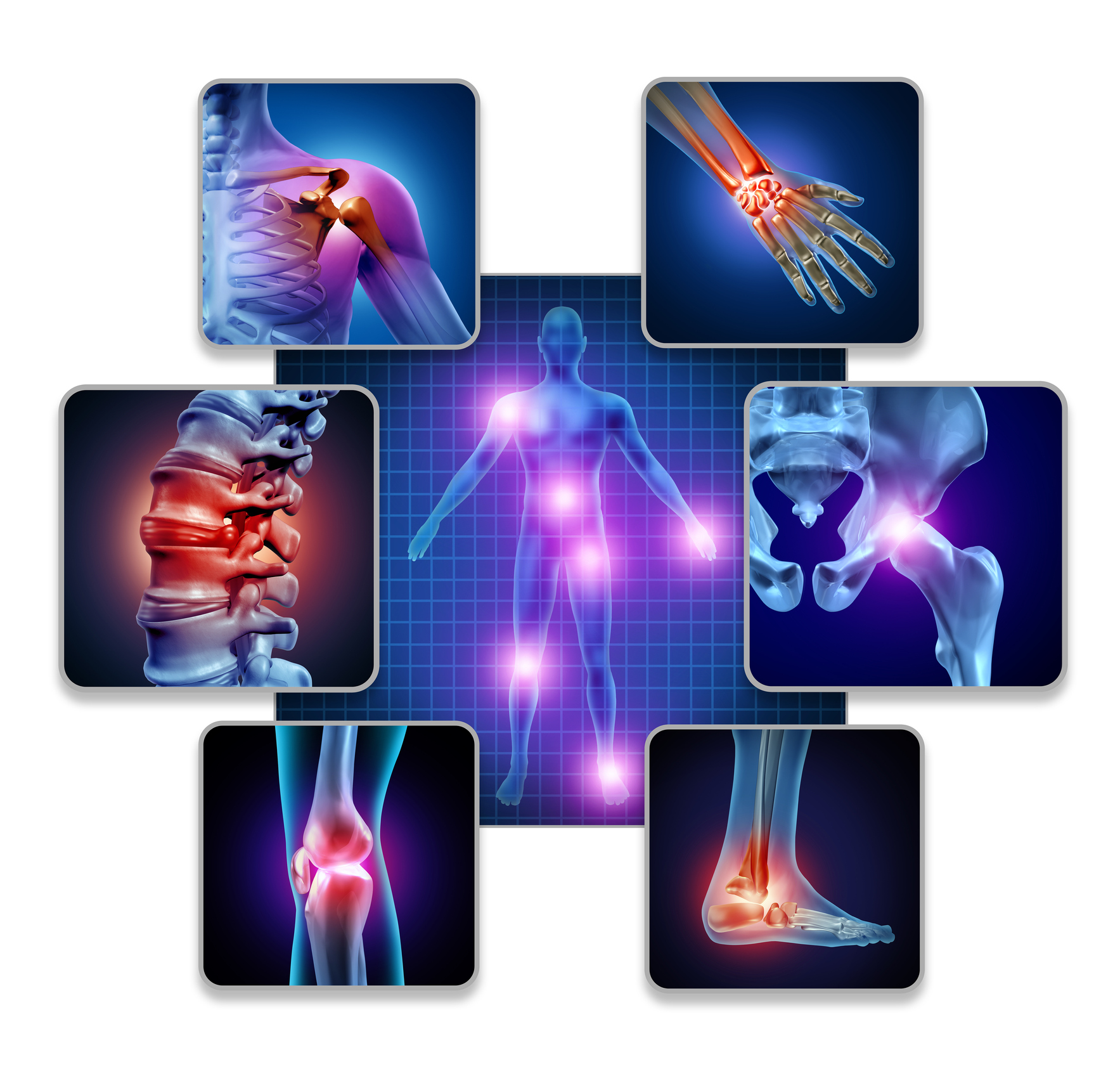It is unknown if birthing people in same-sex relationships have different perinatal outcomes than people in different-sex relationships, despite differences in risk factors such as use assisted reproductive technologies, obesity, smoking, and poor mental health. Marriage equality has established birth certificates as a promising new source of population-based data on births to same-sex married parents. We used birth certificate data from Massachusetts for 201,873 singleton births to married parents from 2012 to 2016. We estimated the association between several birth outcomes and having a birth parent in a same-sex marriage, using a propensity-score matched and unmatched sample. We also tested whether these associations were modified by use of assisted reproductive technologies. Birthing people in same-sex marriages had similar perinatal outcomes related to decreased fetal growth and preterm birth compared to their peers in different-sex marriages. Use of assisted reproductive technology was associated with decreased fetal growth and increased risk of preterm birth for infants with different-sex parents, but not for infants with same-sex parents. More research is needed across other states, and to understand why use of assisted reproductive technology is not a risk factor for poor birth outcomes for those in same-sex marriages.© The Author(s) 2021. Published by Oxford University Press on behalf of the Johns Hopkins Bloomberg School of Public Health. All rights reserved. For permissions, please e-mail: journals.permissions@oup.com.
Differences in Perinatal Outcomes of Birthing People in Same-Sex and Different-Sex Marriages.


